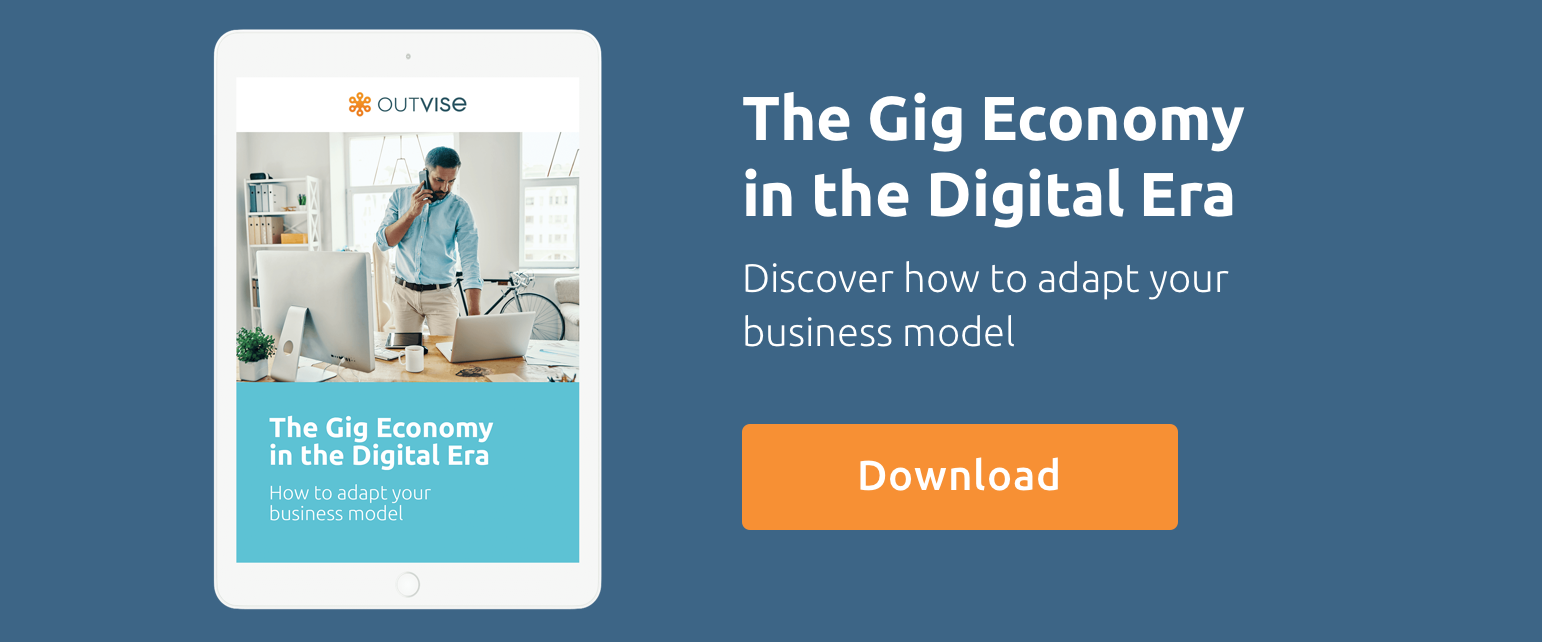Executives are all too aware of the importance of a workforce with up-to-date digital skills. In the age of social media, artificial intelligence and perpetually growing customer expectations, it’s more important than ever that employees have an agile, adaptable digital skillset in the expanding information economy. Today, baseline digital skills – such as an understanding of management software like Oracle or SAP – aren’t enough. Now, the workforce need to have diverse digital competencies including programming languages and design skills.
A recent report by the UK government corroborates this position. Published in June 2019 and conducted by Burning Glass Technologies, this report provided an overview of the current demand for digital skills. In a nutshell, the report concluded that advanced digital skills are a near-universal requirement in the employment market. Without proper training, both employers and workers risked automation or obsolescence.
So the question remains – how do executives ensure they’re nurture a digitally literate, agile team? In this article, we discuss the most effective way to cultivate digital skills in your organisation.
Table of Contents
How digital skills stagnate
As demonstrated by the appearance of this UK government report, digital skills aren’t only an issue relevant to tech industries. Instead, it’s a concern across the entire employment market – so much so that the House of Lords suggested that digital skills should be introduced in school as a third ‘core subject’, alongside literacy and numeracy.
This increasing emphasis on digital literacy as a core skill has bred a generation of what writer Marc Prensky dubbed ‘digital natives’. For this younger generation, digital technologies are their first language. In contrast, there are ‘digital immigrants’, who are people that didn’t grow up surrounded with digital technologies. Although these workers often have a robust ‘soft’ skillset in sales and communication, they need to keep learning the digital language to increase their fluency – or else risk getting left behind.
Sure enough, digital immigrants remain an important component of any workforce because of their aforementioned experience. However, management needs to create a dynamic working environment to ensure these employees are constantly upskilling. Without the influence of experts and dynamic training programmes, companies risk stagnation, where digital immigrants aren’t increasing their fluency.
How to grow digital skills sets effectively and rapidly
In the report compiled by the UK government, the researchers identified the following areas as core digital skills. According to the study, these eight areas were crucial to company agility, upskilling, and career advancement for employees. In order to cultivate a team’s digital skills, management should integrate these skills across different projects and applications depending on the needs of their sector:
- Productivity software platforms
- Programming languages
- Computer and networking support
- Digital analysis
- Digital design
- CRM
- Digital marketing
- Machining and manufacturing technology
But how can companies create these dynamic learning environments? Certainly, phrases like ‘innovation’ and ‘dynamism’ are around enough in TMD businesses, but what are the characteristics of an environment that cultivates these skills in a meaningful way? Essentially, employees need to be constantly introduced to new technologies with multiple applications. Many digital immigrants are more than capable of growing their fluency to a native level, it just requires a consistently challenging environment. Through diverse projects with steep learning curves, experienced employees can continuously upskill.
Introducing external experts to maximise impact
But the final question remains – where do businesses economically source the expertise they need to impart these skills? Currently, The Society for Human Resources Management estimates that it costs a business $4,425 to hire a single full-time employee in the USA. Furthermore, with highly-sought-after advanced digital skills, these individuals expect highly competitive pay packets and benefits. As such, for many organisations, they need to capitalise on existing talent.
The most effective way to do this is to hire highly skilled freelancers for specific projects. Not only do they bring in a wealth of knowledge in regards to hard skills, their dynamism and collaborative nature are essential to creating dynamic learning environments. Moreover, freelancers can be onboarded with remarkable speed, making for more economical hires and more effective time management. In TMD industries, freelancers nurture the working environments they represent, encouraging these values of adaptability and collaboration to permeate the organisation.
Upskilling with experts
As such, expert freelancers are the lifeblood of a dynamic corporate culture. With all the advantages of rapid onboarding and cost-effective contracting, freelancers bring relevant expertise on an ad-hoc basis. From here, existing employees can learn transferable skills in challenging learning environments. Through this exposure to agile working practices, existing employees can rapidly grow their digital skills through steep learning curves. As a result, companies can ensure their existing workforce has the skill to remain relevant and agile.
Eusebi is Co-Founder and CEO at Outvise, with a demonstrated history in the management consulting industry. He's a seasoned entrepreneur with a strong background in Business Planning, Entrepreneurship, Strategic Partnerships, Business Transformation, and Strategic Consulting.






No comments yet
There are no comments on this post yet.